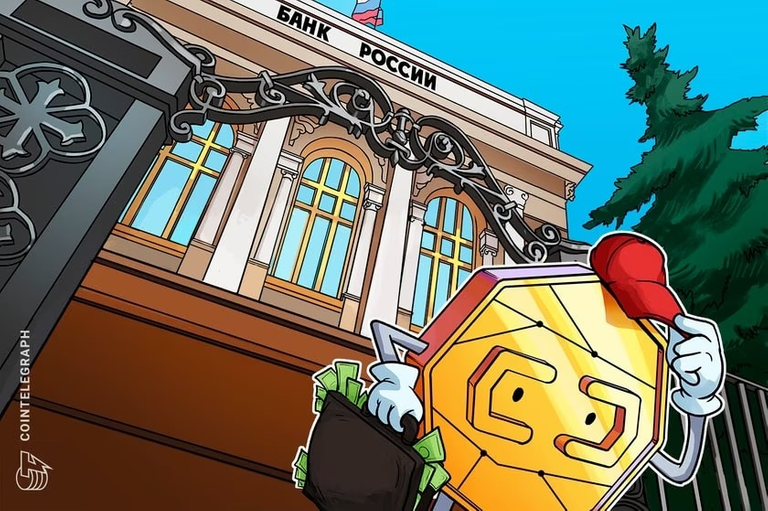
The Russian economy is shrinking due to sanctions, this is probably not new, Russia saw a massive drop in revenue in the fossil fuels market despites having benefited massively in the first half of 2022 as fossil fuels experienced increased prices.
We're talking about over 40% drop in revenue, that's well over $8 billion in lost revenues. Added to this, over 70% of the Russian central bank reserves are blocked in the EU, a total of about €300 billion in addition to over €20 billion in assets of over 1,500 sanctioned persons.
Now, back to fossil fuels, you see, oil and natural gas happens to be Russia's biggest pie in its economy, this alone accounted for about 45% of total Russia exports in the last decade. That said, Russia has been finding some solid grounds with China buying over $50 billion worth of crude oil as EU buyers ditched Russia. This has reportedly been a record high 30% trade surge between China and Russia during this period of 2022 as China looks to deepen its relationship with Russia to acquire cheap energy for its large manufacturing industry.
However, this hasn't quite been enough to put the Russian economy on healthy grounds as its gross domestic product(GDP) dropped by 2.1% in 2022 and is expected to continue. Russia's spending has grown by 58% from the previous year with a budget deficit hitting about $24.4 billion.
Russia's Plans To Scale Involving Cryptocurrency
Although some people believe that the Russian government is currently not quite affected by the sanctions particularly when the question of if the military can be continually funded, some believe these soldiers have been pre-funded and that new recruits are not in great numbers while others believe the Russian government is doing a great job pushing resources into sate sectors, creating stability and subsidies, keeping these industries and services going to provide a stabilising factor for the economy and an anchor for recovery.
Russia is however, undoubtedly seeking diverse ways to move value more conveniently across borders far wider than it currently can. Why it cancelled its plans to build a state-run cryptocurrency exchange is widely unknown, however, it hasn't stopped its plans to leverage cryptocurrencies to its advantage. In fact, we've seen top cryptocurrency exchanges like Binance moving back operations to the Russian state.
That said, in recent reports, a Russian Bank is reportedly building a cross-border crypto payments system. According to dailyhodl.com the institution is currently conducting test transactions with private and corporate clients.
According to a recent report by the Russian publication Vedomosti, a representative of Rosbank says that the institution is already conducting test transactions with private and corporate clients.
Though it isn’t clear which digital assets the bank will support for cross-border payments, Russian fintech group B-crypto will be handling the technical aspects of the new protocol.
It is added that to use the service, clients will need to undergo a typical KYC (know-your-customer) verification process with both the bank and B-crypto as with most crypto payments networks and exchanges.
In the report, Alexey Voylukov, the vice president of the Association of Banks of Russia, says that crypto-focused cross-border payments are generally offered by smaller banks and that large-scale institutions have yet to adopt such services.
This would suggest that the Russian Bank aims to take things large scale which is typically understandable as it should obviously be aiming to spread so broadly to ease the cross-border movement of funds to foster Russia's economic activities.
First Deputy Chairman of the Bank of Russia Vladimir Chistyukhin notes that cross-border payments are not slated to become a full-time remedy for international payments.
Late last year, the US Department of the Treasury sanctioned Rosbank, as well as Vladimir Potanin, believed to be Russia’s richest man and the bank’s owner, in an effort to limit Moscow’s ability to fund its war against Ukraine.
In the RBC Group report, attorney Eduard Davydov, senior partner at Emet Law Firm, says that the cross-border payment system could potentially be a way for Rosbank to circumvent the sanctions placed on it.
Like I said, the desperation is real, what I however find funny is how reliant on crypto these centralized structures can become when faced with the reality of having a taste of their own medicine. Doesn't this prove that crypto is the future of money? It's obvious that money and economic resources being widely concentrated is too much power being delegated to a few, a new standard is needed to truly build a system resilient to bad practices and only crypto, at this point can achieve this.